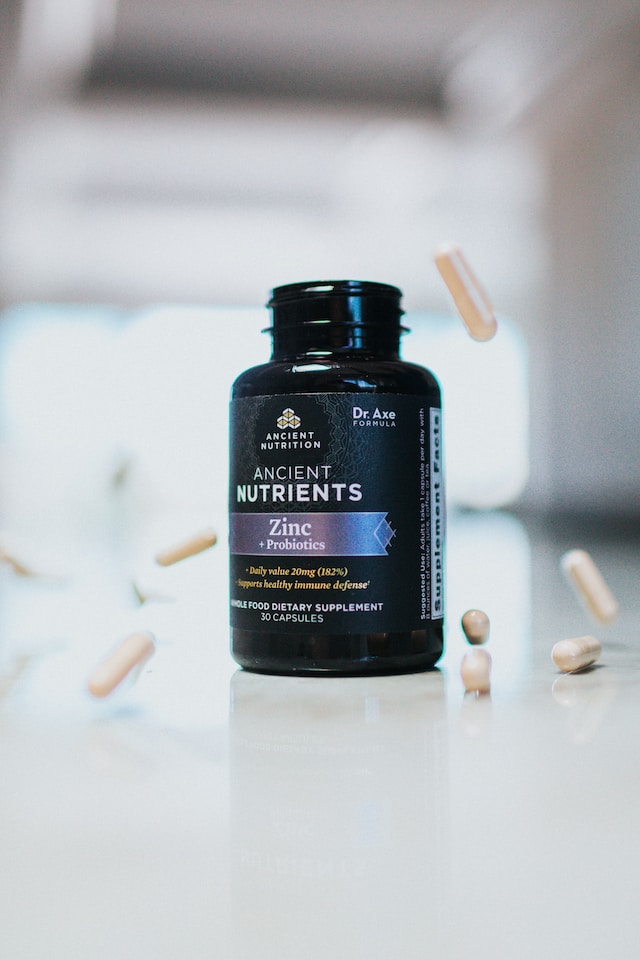Meat has long been a staple in human diets, providing a rich source of essential nutrients that contribute to overall health and well-being. From protein to vitamins and minerals, meat offers a treasure trove of sustenance for the body. In this article, we will delve into the various nutrients that we obtain from meat, shedding light on the significant role it plays in our diets.
Protein Packed
One of the primary benefits of meat is its high protein content. Protein is crucial for the growth, repair, and maintenance of tissues, making it a vital nutrient for our bodies. Meat, whether it’s beef, poultry, or pork, is an excellent source of complete protein, meaning it contains all the essential amino acids necessary for our health.
Rich in Iron
Meat, particularly red meat, is an exceptional source of heme iron, the type of iron found in animal-based foods. Iron is vital for the formation of hemoglobin, the protein responsible for carrying oxygen in our blood. Consuming iron-rich meat helps prevent anemia and promotes healthy oxygen transport throughout the body. Additionally, heme iron is more readily absorbed by the body compared to non-heme iron found in plant-based foods.
Vitamin B12 Boost
Meat, especially red meat and poultry, is a top-notch source of vitamin B12. This essential vitamin is critical for maintaining nerve function, producing DNA, and forming red blood cells. A deficiency in vitamin B12 can lead to fatigue, weakness, and neurological issues. Including meat in your diet ensures a reliable source of this crucial nutrient, particularly important for individuals following vegetarian or vegan diets.
Abundant in Zinc

Zinc, an essential mineral, plays a pivotal role in various bodily functions, including immune system support, wound healing, and DNA synthesis. Meat, particularly beef and lamb, is a rich source of zinc. Ensuring an adequate intake of zinc from meat helps maintain a robust immune system, aids in digestion, and supports healthy skin.
Vitamin D Delight
Vitamin D, often referred to as the “sunshine vitamin,” is crucial for calcium absorption and bone health. While sunlight is a primary source of vitamin D, meat, particularly fatty fish like salmon and mackerel, provides another valuable dietary option. Incorporating meat into your diet helps ensure you receive adequate levels of vitamin D, which is especially beneficial for individuals living in regions with limited sunlight.
Conclusion
Meat, whether you prefer red, white, or seafood, offers an array of essential nutrients that are crucial for maintaining overall health. From protein for tissue repair to iron for oxygen transport, and from vitamin B12 for nerve function to zinc for immune support, meat is a nutrient powerhouse. Including a variety of meats in your diet can contribute significantly to your well-being. However, it’s essential to consume meat in moderation and as part of a balanced diet to reap its benefits without any adverse health effects. So, the next time you savor a delicious meat-based meal, remember that you’re not just enjoying a tasty dish – you’re also nourishing your body with a wealth of essential nutrients.

